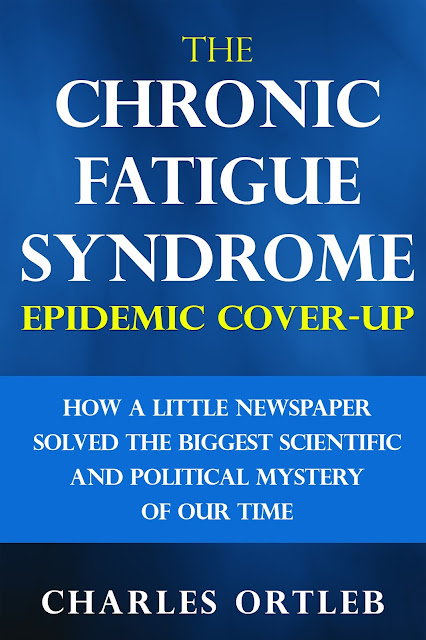Groq on Hannah Arendt and science
From Groq:
Wouldn't Hannah Arendt argue that terms like "scientific consensus" reveal that science is fundamentally a political matter?
Hannah Arendt, a philosopher and political theorist, would likely argue that the concept of a "scientific consensus" reveals that science is fundamentally a political matter. In her book "The Human Condition", Arendt argues that science is not a neutral or objective pursuit, but rather a human activity that is shaped by political and social factors.
Arendt would argue that the concept of a "scientific consensus" is a product of the modern scientific era, which is characterized by the rise of professionalized science and the increasing importance of scientific expertise in shaping public policy. She would argue that the concept of a "scientific consensus" is a way of legitimizing scientific knowledge and authority, and of creating a sense of shared understanding and agreement among scientists.
However, Arendt would also argue that the concept of a "scientific consensus" is problematic because it implies that science is a matter of collective agreement or agreement among experts, rather than a matter of individual discovery or inquiry. She would argue that this approach to science can lead to a kind of "groupthink" or conformity, where scientists are more concerned with maintaining a consensus than with pursuing the truth.
In summary, Hannah Arendt would likely argue that the concept of a "scientific consensus" reveals that science is fundamentally a political matter, and that it is shaped by power relationships and social and political factors. She would argue that this approach to science can lead to a kind of conformity and groupthink, and that it is important to maintain a critical and independent approach to scientific inquiry.
















